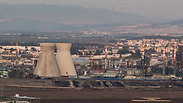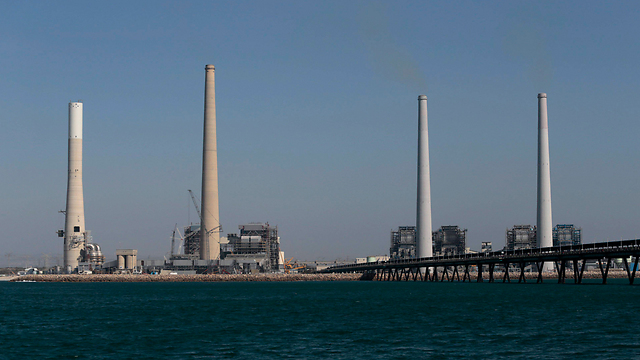
Israel reduces air pollution
Figures released by the Ministry of Environmental Protection show reduction of 52% in emissions of air pollutants; however, levels of emissions and waste discharge are still higher relative to countries in the EU.
However, according to the same figures, emissions of nitrogen oxides and sulfur oxides in Israel are still 1.3 and 4.4 times higher respectively than EU countries. 87% of sulfur oxide emissions are the result of the operation of coal-fired power plants which are concentrated in Ashkelon and Hadera and still lack advanced pollution control systems.
Additionally, the amount of nitrogen, phosphorous and organic carbon discharged into sewage is also much higher relative to EU countries.
However, the flow of pollutants into the Mediterranean has also dramatically decreased between 2012-2015 as a result of reducing the amount of activated sludge discharged into the sea by the Gush Dan wastewater treatment plant.
A reduction in the amount of activated sludge was a requirement of the commission for discharge permits. All activated sludge discharge will cease by the end of 2016 with the completion of a new treatment facility.
Further improvements occurred in the quality of treated wastewater, with a reduction of 11% recorded in the amount of salt present in the treated wastewater between 2013-2015. This reduction is due to an increase in the use of desalinated water, with 50% of the total amount of water supplied to consumers being desalinated.
Minister of Environmental Protection, Ze'ev Elkin, commented on the figures, saying "The ministry is implementing the principles of transparency and public access to information. It is a tool used for setting policy and making decisions for us, as well as for citizens to get involved and make a difference. We plan to continue to give the public access to information and to reduce emissions of pollutants to the environment."











